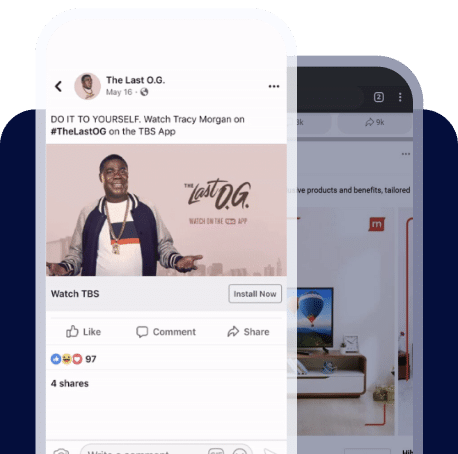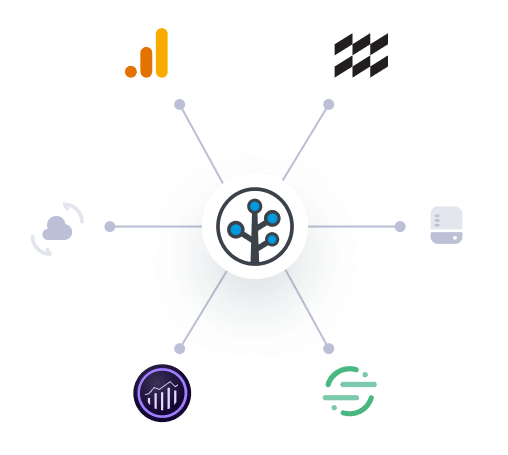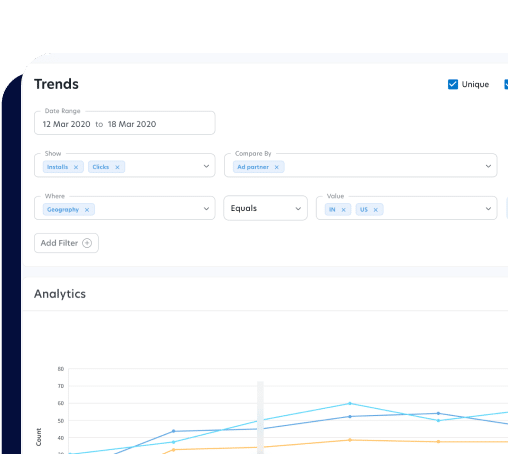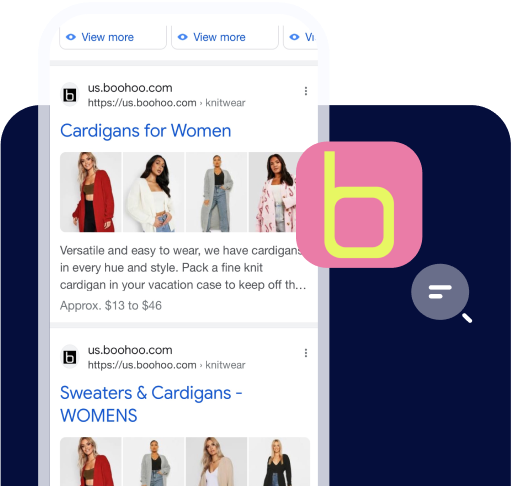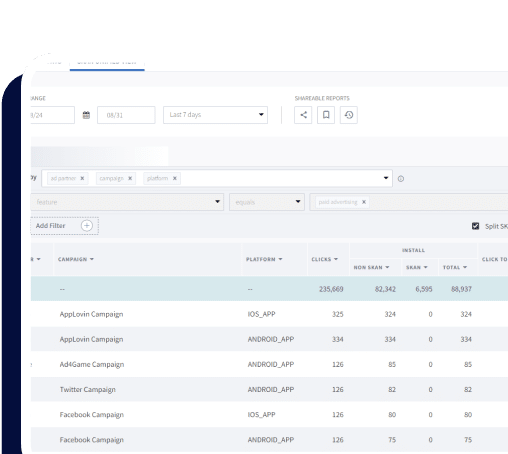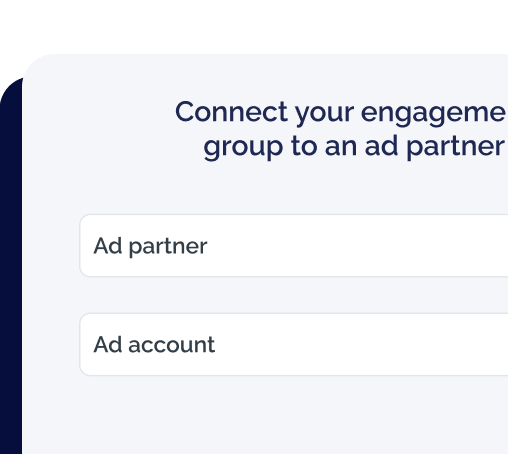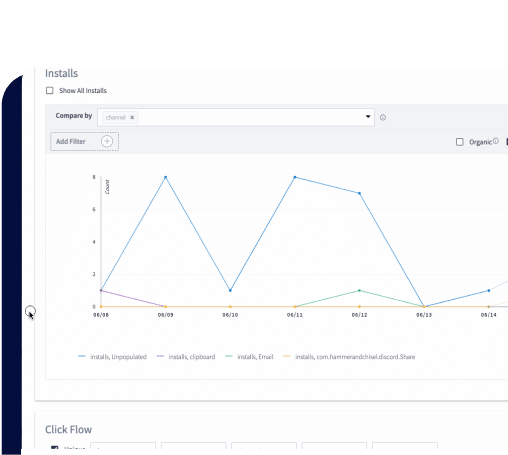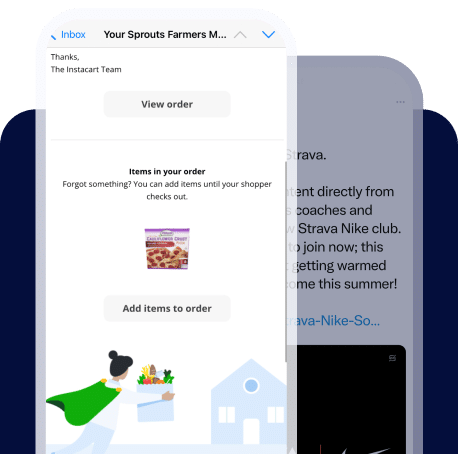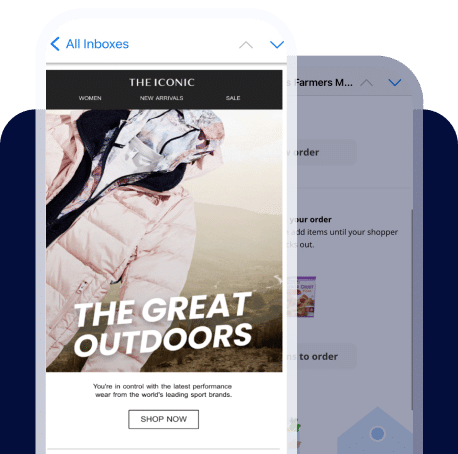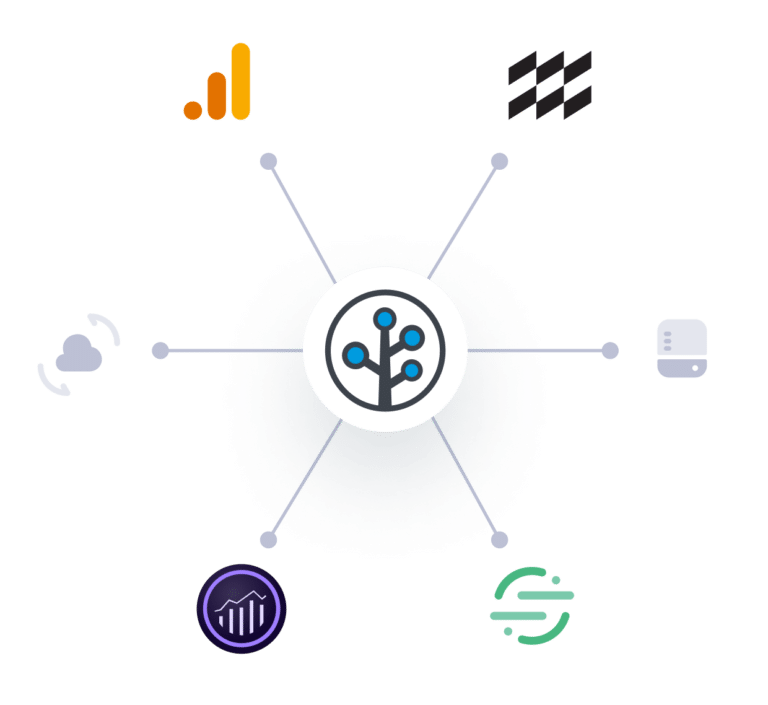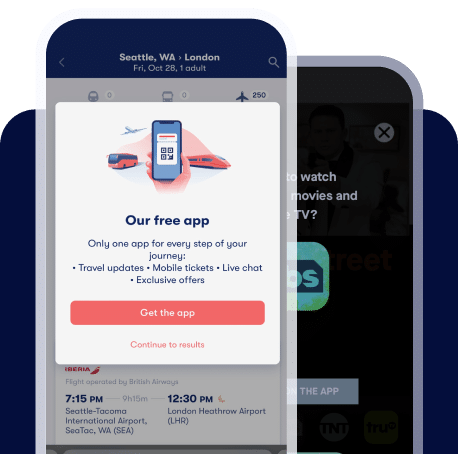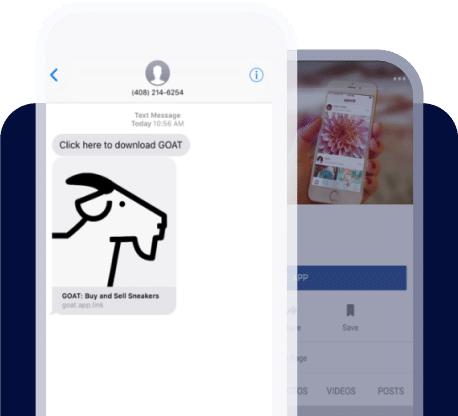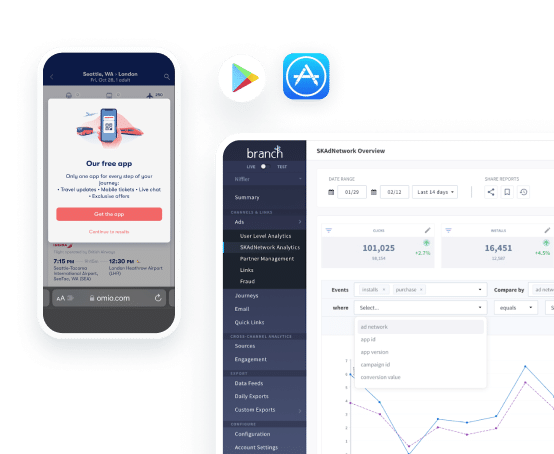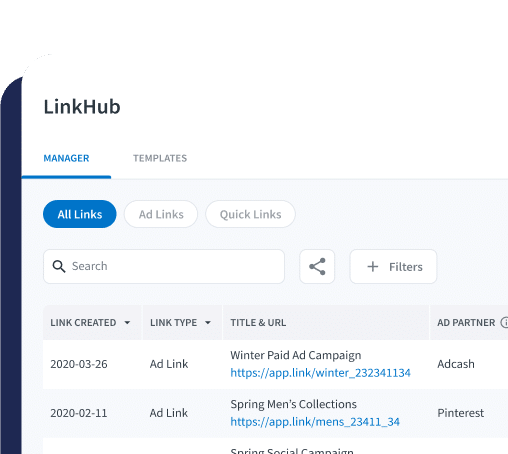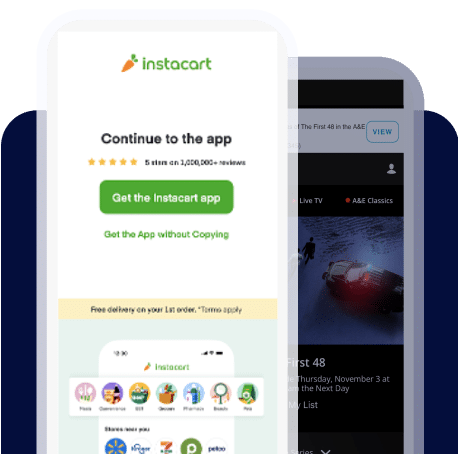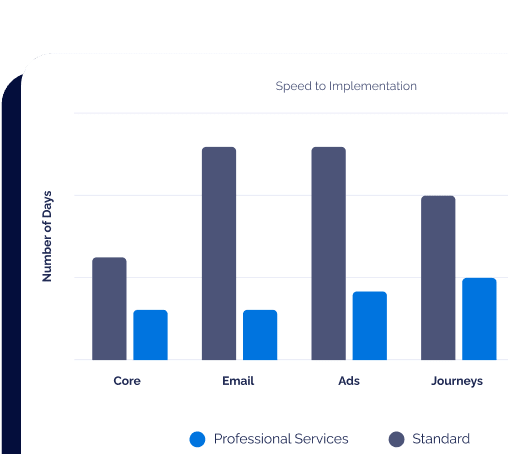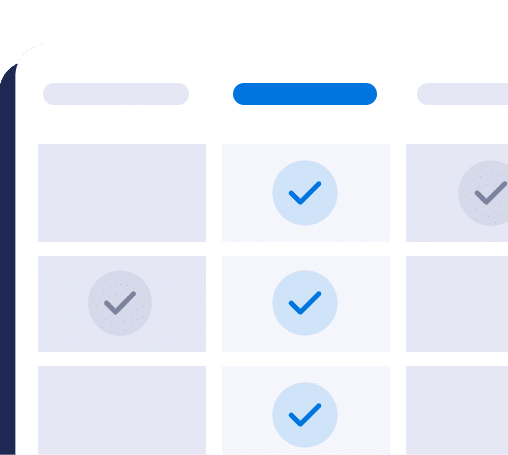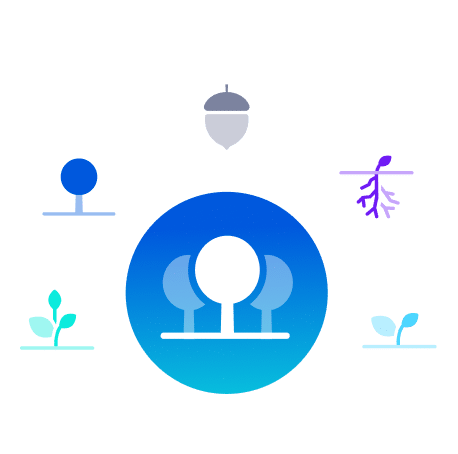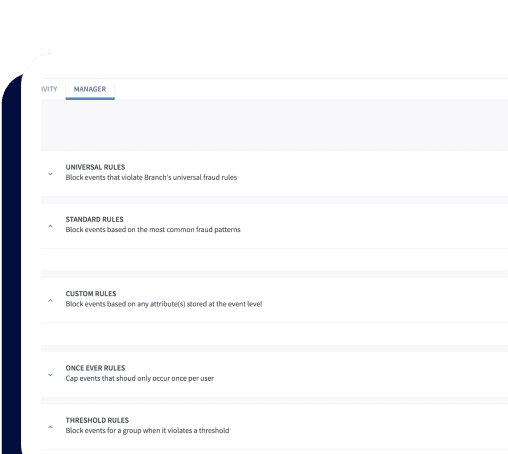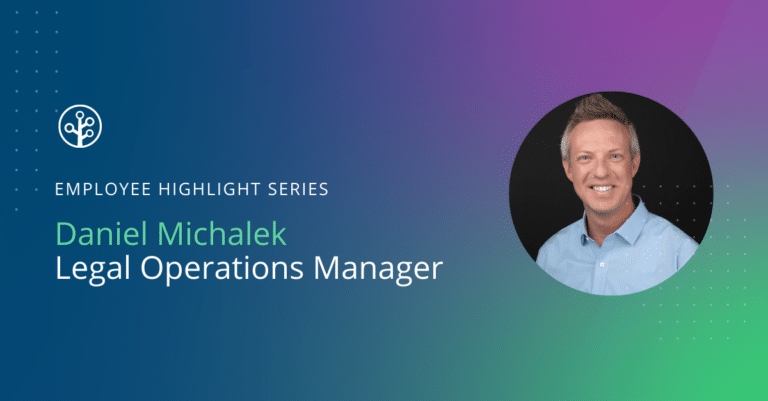In honor of Pride Month, we’re excited to share the story of Daniel Michalek, Branch’s Legal Operations Manager. He opens up about his experiences at Branch, company culture, how allies can support the LGBTQ+ community, and much more. If you’d like to work with amazing people like Daniel, check out our open roles.
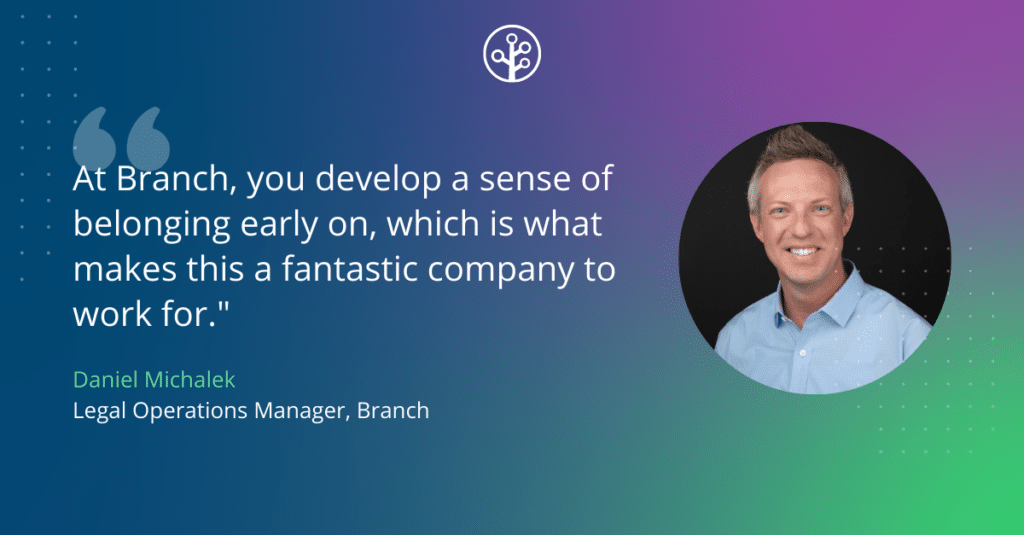
What do love about your job?
What I love the most about legal operations is the ability to experience and participate in a variety of different projects and with different teams across the organization. Legal ops is a highly cross-functional role that ties together many of the operations components of an organization with the legal team. The legal team in any company is pivotal to the success of the organization and, here at Branch, we’re fortunate to have some very talented, skilled, and savvy legal minds. Each day, I look forward to supporting the legal team so they can better serve their business partners.
What motivates you?
What drives me in my career is knowing that my work directly supports and pushes things forward. Whether I’m working on implementing a new tool, producing documents that support diligence behind a project, crafting an offsite for the team, or securing signatures from execs on documents that we need for some random corporate thing, I’m constantly reminded that my work is essential to driving the business forward. I am fortunate enough to work on many different types of projects for various teams in the organization, which in turn allows me to do what I love – be a communicator, a leader, and an ambassador of our company.
How does Branch cultivate a sense of belonging for you?
Being part of the Pride Employee Resource Group (ERG) at Branch has given me a sense of belonging here. It’s a challenge to have an active ERG of any type when team members are spread out across the globe, but the opportunity to chat with other members of the LGBTQ+ community who I work with gives me a great sense of pride and belonging. At Branch, the Pride ERG brings its members together and connects us to the community in a few different ways. One way is through events, like the pride-themed happy hour I was able to host at our office in Palo Alto. Another way is through support of organizations like The Trevor Project which provides suicide prevention services to lesbian, gay, bisexual, transgender, and questioning youth in crisis. I’m super proud of the work the Pride ERG has done to raise awareness for inclusivity at Branch and for their leadership in raising money for important causes.
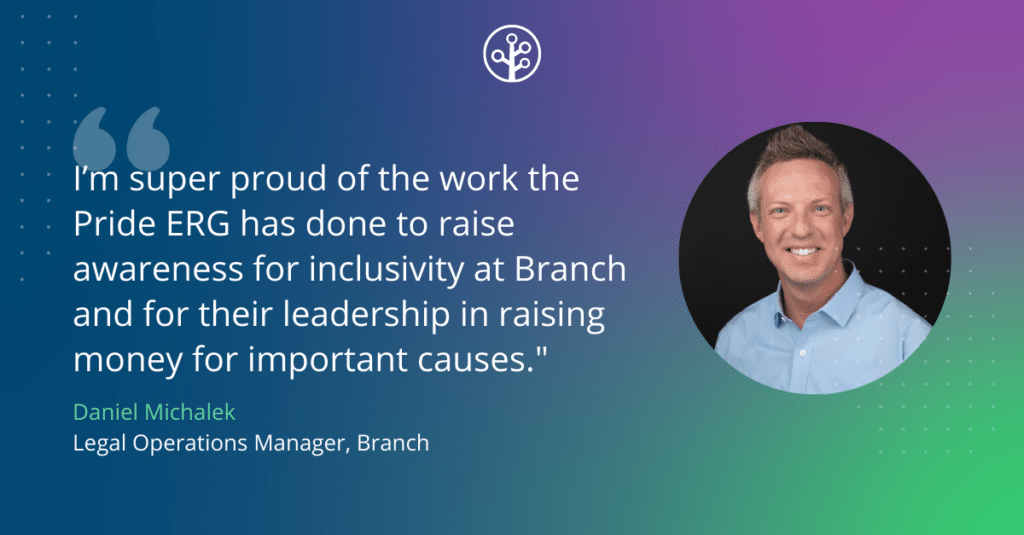
How has being gay shaped what you bring to Branch?
I’ve never thought about what being gay means in terms of my career. The way I look at it is, “I’m gay. So what?” When I’m interviewing, I ask questions about the company’s DEI initiatives. It’s one thing to splash it on your careers page or rainbow wash your company logo during the month of June, but hearing from employees who can attest to the company’s DEI efforts is quite different. I’ve seen plenty of cringe-worthy DEI efforts in my career, but Branch does an excellent job of walking the walk and talking the talk. At Branch, you develop a sense of belonging early on, which is what makes this a fantastic company to work for. From the moment you “meet” the company through its website, you get to learn about all of the ways Branch supports its employees. But, more importantly, you’re immersed in a sense of community and belonging when you join, beginning with your onboarding experience when you’re introduced to the various ERGs Branch offers.
What advice would you give to your younger self?
Life is too short to worry about what other people think. I consider myself to be an empath, but the fact that someone is an empath does not mean they cannot or do not enforce boundaries to help filter what people say and do in our lives.
Far too many times I’ve caught myself wondering what someone would think of the sound of my voice, how I came off, how I walk or what my body looks like. Eventually, I realized attributing my worth to others’ opinions of me negatively affected my mental health. One thing I have learned is that the only person’s thoughts and opinions that matter are mine.
This really came into focus for me a few years ago when I was on a Food Network show. Some people know I make cookies on the side. A producer for the show found my Instagram account and saw a cookie I made. After a few years of auditioning to get on the show, I was finally cast in 2019. Not once did “what will people think about my cookies?” ever enter my mind. I went into the experience prepared, experienced, and confident that my talent is just as great as the others on the show. Spoiler alert—I didn’t win the show, but the experience was a moment of reflection for me and my attitude about life.
So, the advice I would give myself is to never give up on developing your sense of confidence because it will later form the basis of strong mental health and allow you to grow into an incredibly strong individual.
What does it look like when a company culture is inclusive?
Early in my career, I was interviewing for a new paralegal role. I was working with a well-known recruitment agency. The recruiter told me to remove my earrings before I went to the interview because she thought I’d have a better chance at getting the job without them. I wasn’t wearing giant dangling earrings. I had two round diamond studs, one in each ear. I asked her what she meant by her comment. “I tell all my clients this advice,” she said. I asked her if she tells her female clients not to wear earrings to interviews and she told me not to be ridiculous. I told her I don’t think it’s me who is being ridiculous and left her office.
I’ve been a part of “corporate culture” for a long time. Hands down there is no better way to know that a company’s culture is truly inclusive than hearing it from happy employees. These days, companies have many tools and resources for gauging employee satisfaction. As my colleague Tom Allegretti mentioned in his recent blog article, when a company culture is inclusive you can be your whole, authentic self at work–earrings and all.
What does Pride mean to you?
I’ve been celebrating Pride every day of my life because to me Pride is not only the affirmation of myself, understanding and accepting the dignity I deserve, but Pride is all about the standards I set for myself and the boundaries I enforce. Whether I’m dealing with a difficult personality at work or a family member who refuses to see me as the person I am, my Pride is expressing myself, enforcing my boundaries and not letting others dictate what happens in my life. When I’m able to be proud, I feel safe and included. And when I feel safe and included, I’m a stronger person!
What’s a misconception about the LGBTQ+ community that you wish others knew?
Just one? That’s difficult!
OK, first of all, we don’t all watch Drag Race.
On a more serious note, the LGBTQ+ community has no agenda, we’re not trying to gain “special rights.” Frankly, if this world was more inclusive, the need for people like me to speak up and work for equal rights wouldn’t have to be a thing, but here we are. And, your rights (that are largely derived from your cis-gender status) will not in any way be impeeded, diminished, or taken away if the LGBTQ+ community is treated the same way you have been treated for a very long time. Regrettably, millions of LGBTQ+ people around the world are denied basic rights and freedoms because of their sexual orientation or gender identity. To ensure the inclusion of all LGBTQ+ people, it is imperative we focus on ending the discrimination of our community.
How can people be good allies?
There are so many ways people can be good allies. I’ll tell you the best allies I’ve had in my life are more like friends than they are people who set out to be good allies. As a friend, it’s important to listen. Sometimes all a friend needs is an ear. You don’t need to offer advice or try to equate your LGBTQ+ friend’s experience to something that has happened to you. Know that as you develop as an ally, you will make mistakes and that is OK. Acknowledge the mistake and commit to doing better.
Another way to be an ally is to check your privilege. As a cis-gender, white, gay man, I’m always learning, and I get my privilege checked quite often because there are experiences I don’t have to think about or worry about because of the way I was born. Recognizing this and learning from it is a great way to be a good ally.
Another great way to be an ally is to learn. Asking questions is the first step in learning about someone else and this is a step in the right direction of being a good ally.
And this is for my legal operations groups out there: stop holding professional events in well-known anti-LGBTQ+ locations. Alaska, Florida, Georgia, Indiana, Kansas, Louisiana, Michigan, Missouri, Oklahoma, Pennsylvania, South Carolina, Tennessee, Texas—we see you! Being an ally means not forcing people to visit places that actively encourage the mistreatment of the LGBTQ+ community—and that goes for trans and BIPOC people and kids, too! If the state doesn’t want to recognize us—and everyone in our community—they do not deserve our money.
Organizations that do deserve our money are ones like The Trevor Project; the only national organization providing suicide prevention services to lesbian, gay, bisexual, transgender, and questioning youth in crisis. The Trevor Project serves more than 100,000 LGBTQ+ youth every year with their life-saving programs that include the Trevor Lifeline, TrevorChat, Ask Trevor, and TrevorSpace. Branch has already outraised its goal of $2,000 in support of The Trevor Project, but we would love for you to consider making a donation here!

